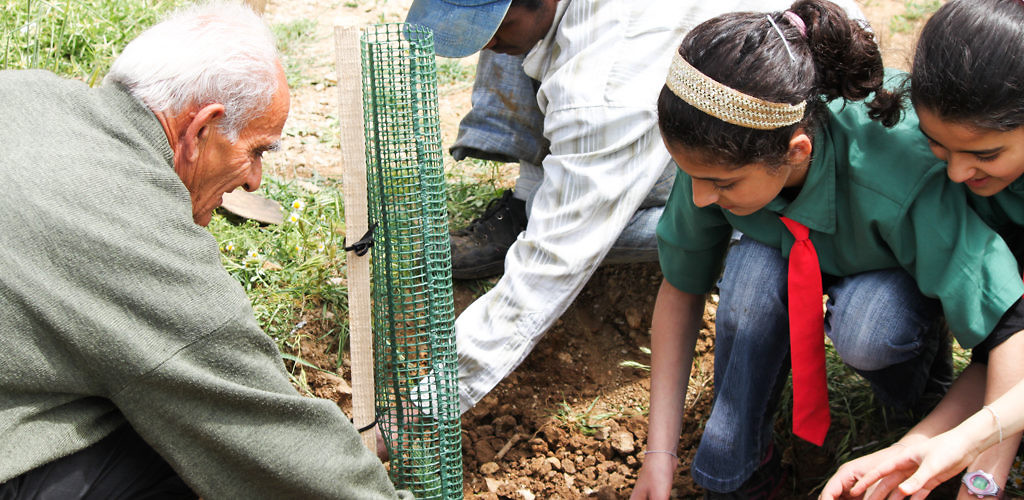The 2030 Agenda calls for inclusiveness, which can contribute to stability and peace as well as development in Lebanon. However, while Lebanon’s power-sharing model was instrumental in ending fifteen years of civil war, it is outdated as the country embarks on a process to achieve the 2030 Agenda and advance the seventeen Sustainable Development Goals (SDGs).
Although sectarianism is impeding political processes and development in Lebanon, the SDGs can provide an opportunity for the country to address some of the political model’s limitations. Based on two weeks of field research, this paper explores how Lebanon is confronting challenges related to the environment, education, economic growth, poverty, and gender, all while hosting more than a million Syrian refugees.
This paper is part of the International Peace Institute’s (IPI) SDGs4Peace project, which seeks to understand how the 2030 Agenda is being rooted at the national and local levels and to support the implementation of the Sustainable Development Goals. The project focuses on five case studies: the Gambia, Greece, Guatemala, Lebanon, and Myanmar. Implementation of the 2030 Agenda provides each of these countries an opportunity not only to buttress existing aspirations but also to build new partnerships that transcend traditional approaches.








